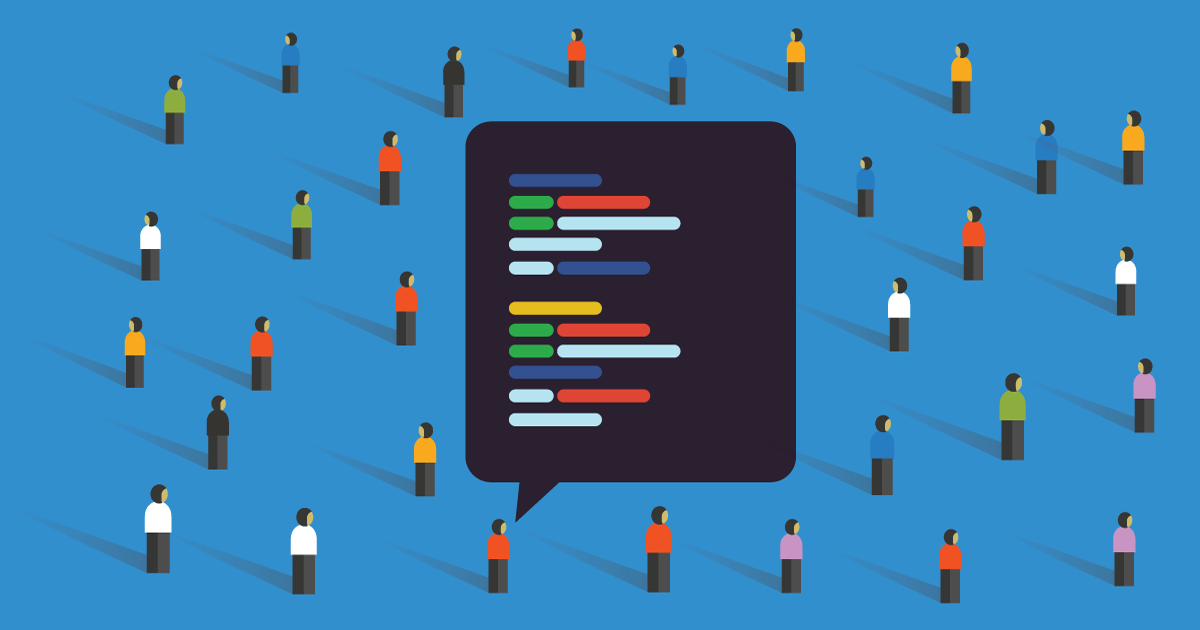Recent searches
Search options
@JonYoder@mastodon.technology If you want a coffee with your reading, after that first link, you can check out https://changelog.complete.org/archives/10053-the-incredible-disaster-of-python-3 and https://changelog.complete.org/archives/9938-the-python-unicode-mess . The upshot of it is, as far as I can tell, it is impossible to write cross-platform #Python code that handles filenames correctly on both POSIX and Windows. #Rust gets this right, and Python's attempt to assume the whole world has used #Unicode since the beginning of time is a real pain.
@JonYoder@mastodon.technology You got me thinking in more detail why I reflexively avoid #Python now, despite the fact that I wrote two large programs (#OfflineIMAP and #pygopherd) in it, and published a book about it. 1/
@JonYoder@mastodon.technology Avoiding #Python - Besides the absurd inconsistencies in https://changelog.complete.org/archives/10053-the-incredible-disaster-of-python-3 and the extreme difficulty verging on the impossibility of properly handling filenames in POSIX (see https://changelog.complete.org/archives/10063-the-fundamental-problem-in-python-3 and https://changelog.complete.org/archives/9938-the-python-unicode-mess ), there is more that makes me shy away. 2/
@JonYoder@mastodon.technology It is astonishing to me that #Python still has a Global Interpreter Lock in 2022. https://wiki.python.org/moin/GlobalInterpreterLock Multithreading in Python is mostly a fiction. There are kludges like https://docs.python.org/3/library/multiprocessing.html which use fork, pipes, pickling, and message passing to simulate threads. But there are so many dragons down that path -- performance and platform-specific ones (different things can be pickled on Windows vs. Linux) that it is a poor substitute. 3/


